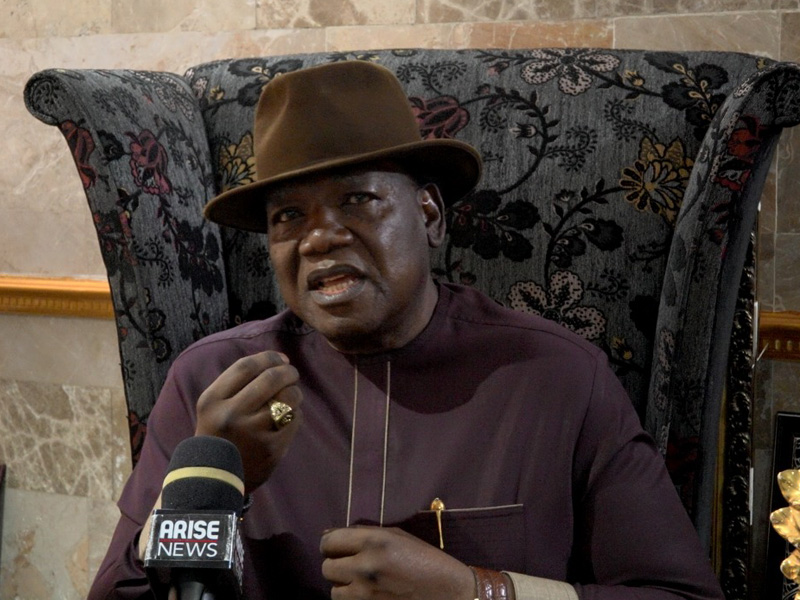As High Chief Edem Duke turns seventy, the former Minister of Culture, Tourism and National Orientation takes a reflective pause to look back on a life marked by service, creativity, and an enduring faith in Nigeria’s potential. In a conversation with ThisDay, Duke speaks with measured calm — his words tinged with gratitude, introspection, and optimism.
“There was a time I thought it would take forever to reach this milestone, yet here I am — grateful for the journey and the grace that has carried me,” he says quietly. “Through the years, I have sought opportunities to make meaningful contributions, create impact in my community, and build bridges of friendship across Nigeria and beyond.”
For the Cross River-born technocrat, each decade has brought its share of blessings and challenges. From his early education and years in the hospitality and creative sectors, to his eventual rise to the federal cabinet, Duke’s story is one of steady ascent and enduring relevance.
He recalls with emotion some of the defining moments of his national service — among them, the establishment of the Centenary City in Abuja during Nigeria’s 100th anniversary, an idea he proposed as a living symbol of a new Nigeria.
“When the project was approved, I walked into the restroom at the State House and wept,” he recounts. “It was deeply moving to know that a thought born of conviction could reshape the landscape of our capital and stand as a legacy for generations yet unborn.”
At seventy, Duke remains steadfast in his belief that Nigeria’s future lies in the creativity and energy of its young people. Despite the nation’s many challenges, he insists that there is reason to hope.
“I believe Nigeria’s greatest strength lies in its youth — vibrant, ambitious, and redefining excellence in ways that inspire confidence. What they need is an enabling environment and a government that believes in their dreams.”
On the question of national development, Duke argues that Nigeria’s cultural and tourism industries remain an untapped resource for sustainable growth. He maintains that the creative economy — if properly structured — can generate employment, strengthen national unity, and project a renewed global image for the country.
“Culture and tourism are not just about festivals and entertainment,” he notes. “They represent identity, enterprise, and innovation. They are engines for inclusive development if properly harnessed.”
Turning to his home state, Cross River, Duke expresses satisfaction with the current administration’s efforts to revive the state’s tourism profile.
“Cross River has long been a reference point in tourism development,” he observes. “I commend Governor Bassey Otu for sustaining that vision and exploring new destinations that reflect the state’s beauty and potential.”
Raised by an educationist mother and a military father, Duke attributes his character to discipline, faith, and a commitment to service. Those values, he says, continue to guide his outlook on leadership and legacy.
“Legacy is not what one individual claims credit for,” he reflects. “It is the sum of what we build together for the benefit of our community and nation.”
Now at seventy, High Chief Edem Duke shows no sign of retreating from public life. Rather, he sees this milestone as a call to deeper reflection and mentorship — an opportunity to inspire younger Nigerians to lead with conscience and creativity.
“My greatest fulfilment lies not in titles or accolades, but in knowing that the seeds I have planted — in people, ideas, and institutions — will continue to bear fruit long after I am gone,” he concludes.
By Magdalene Eyoma

